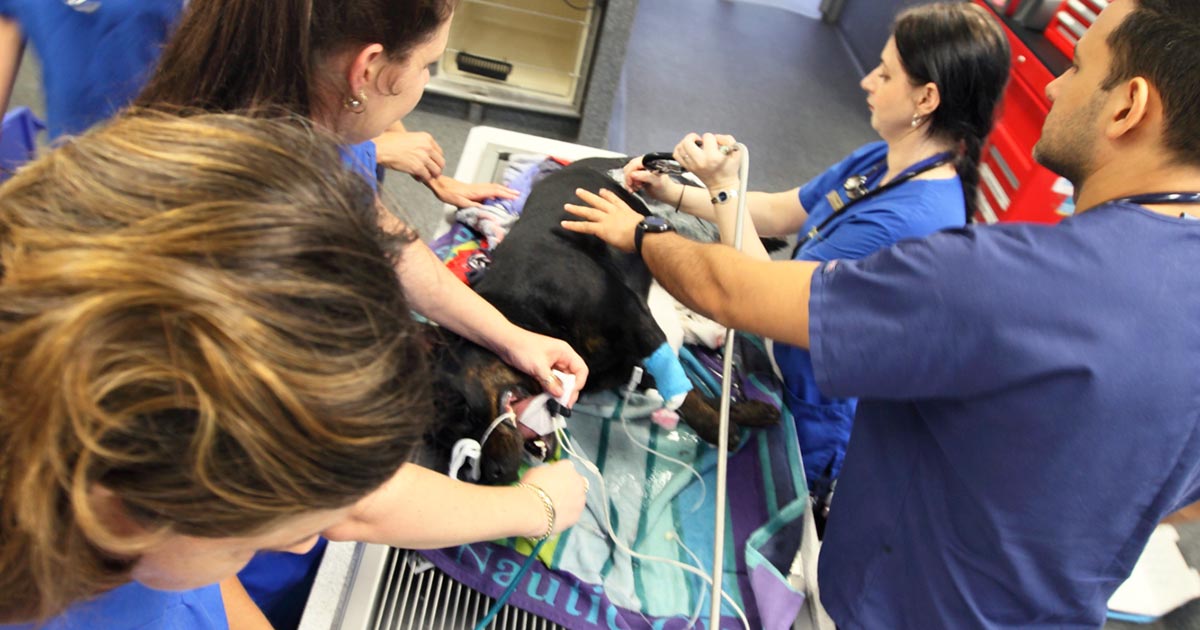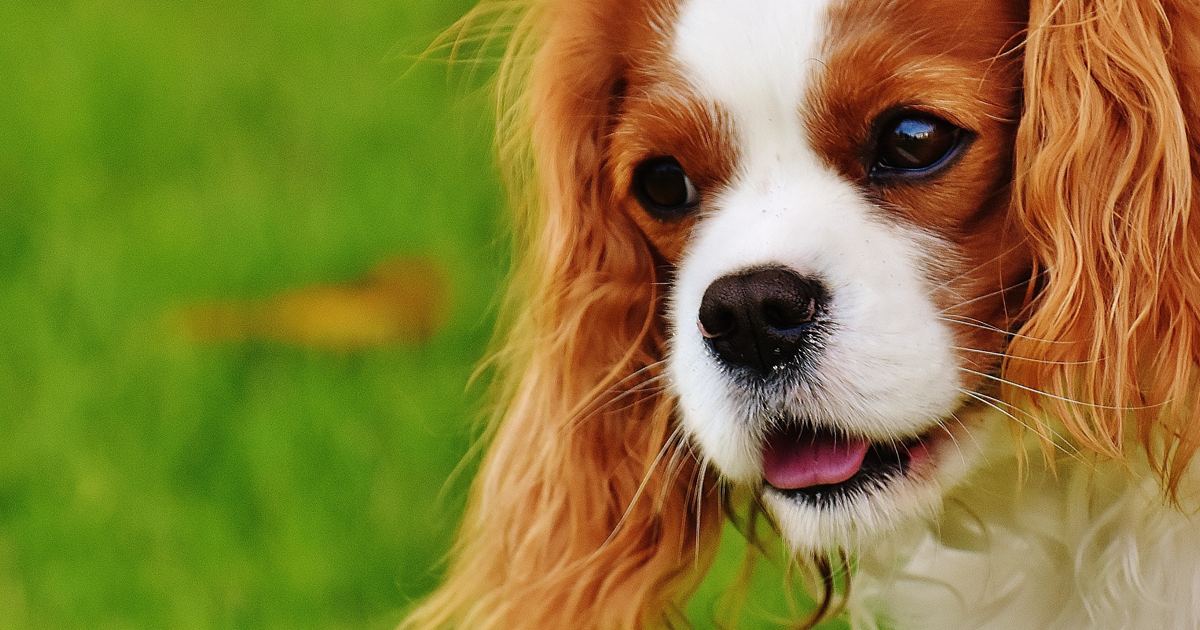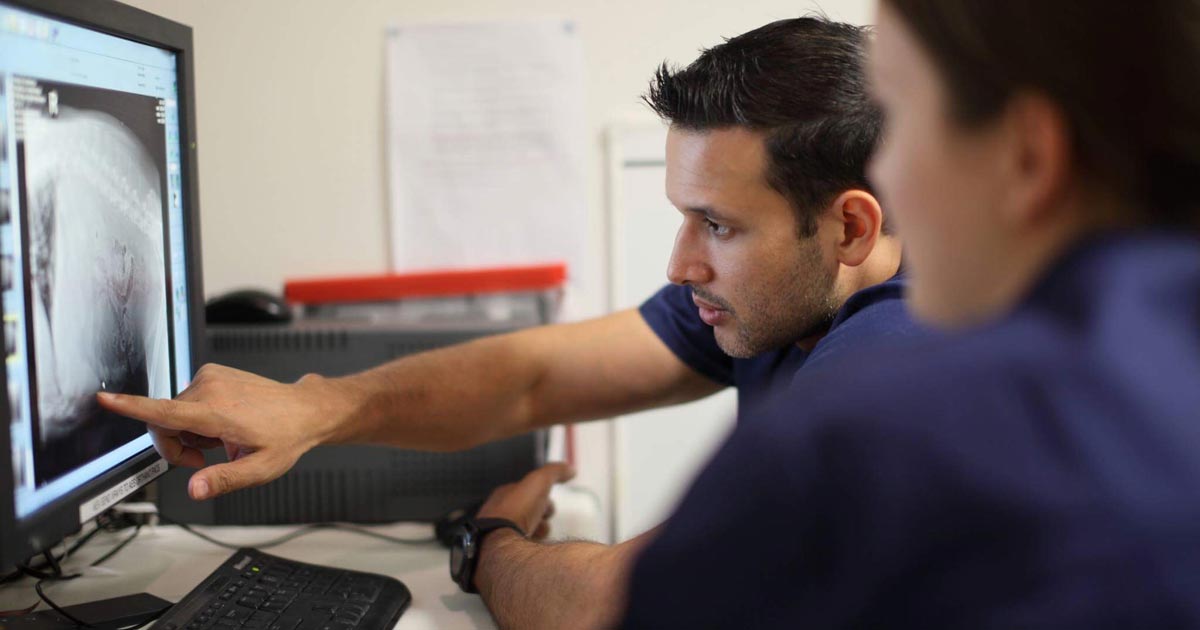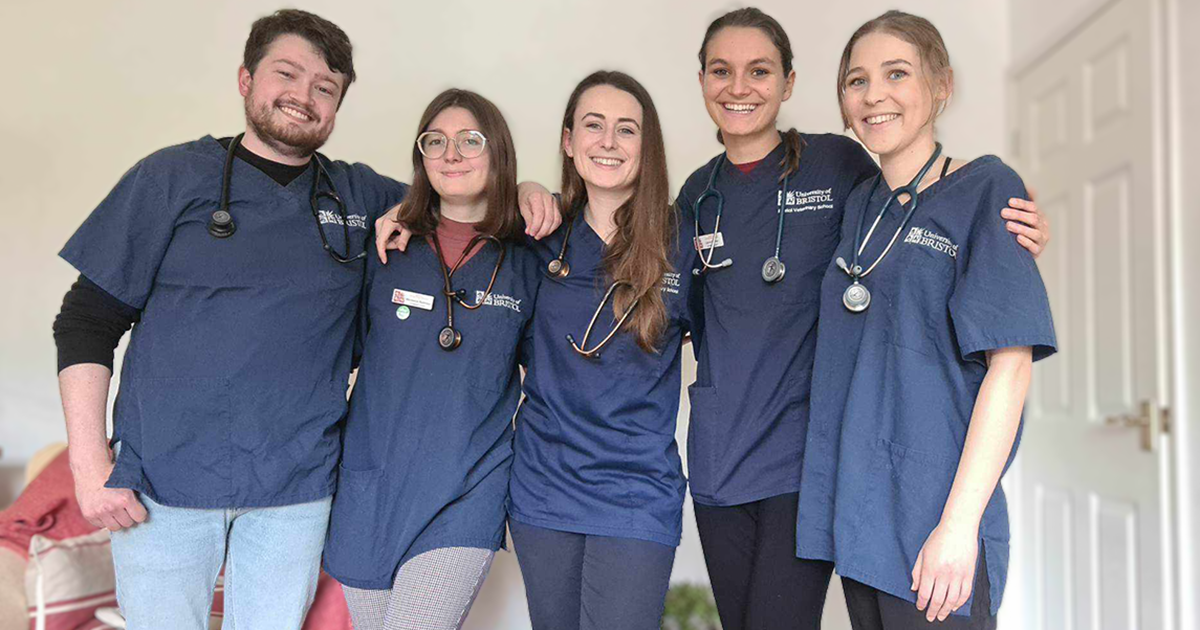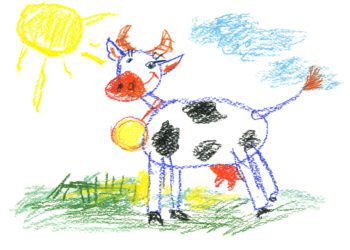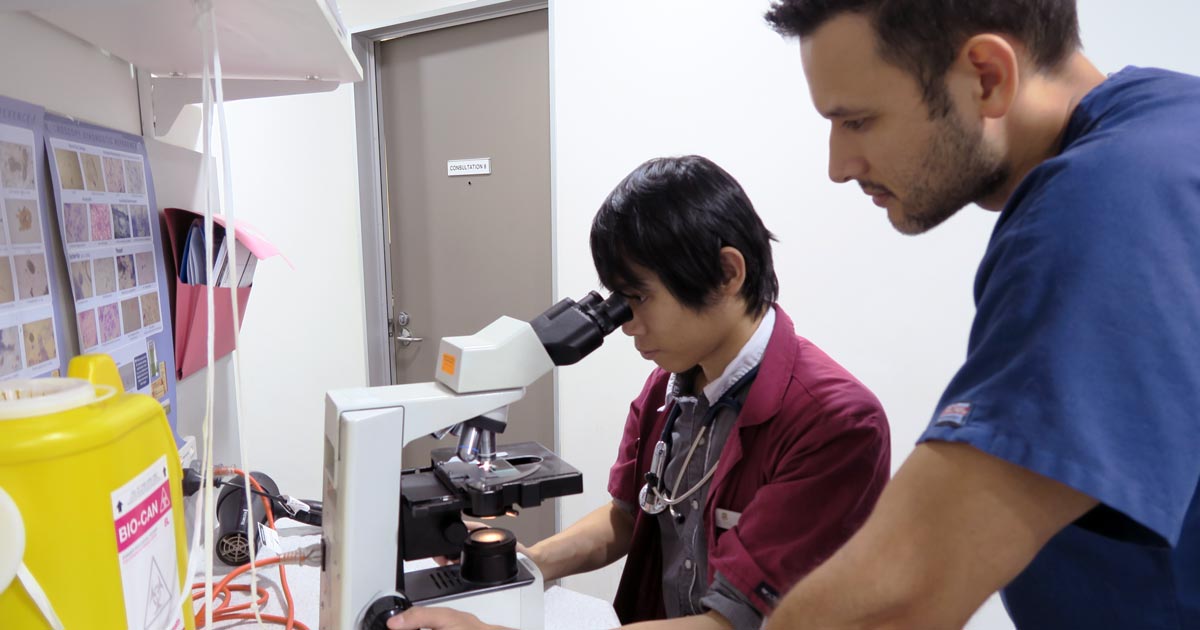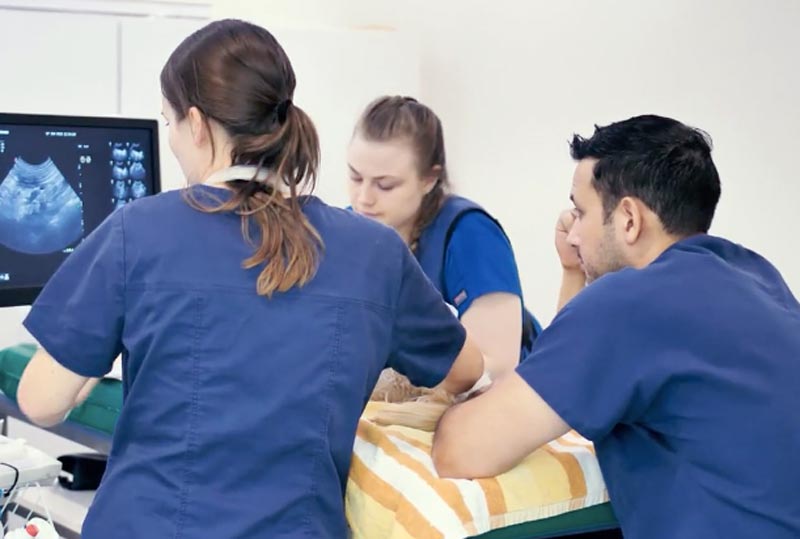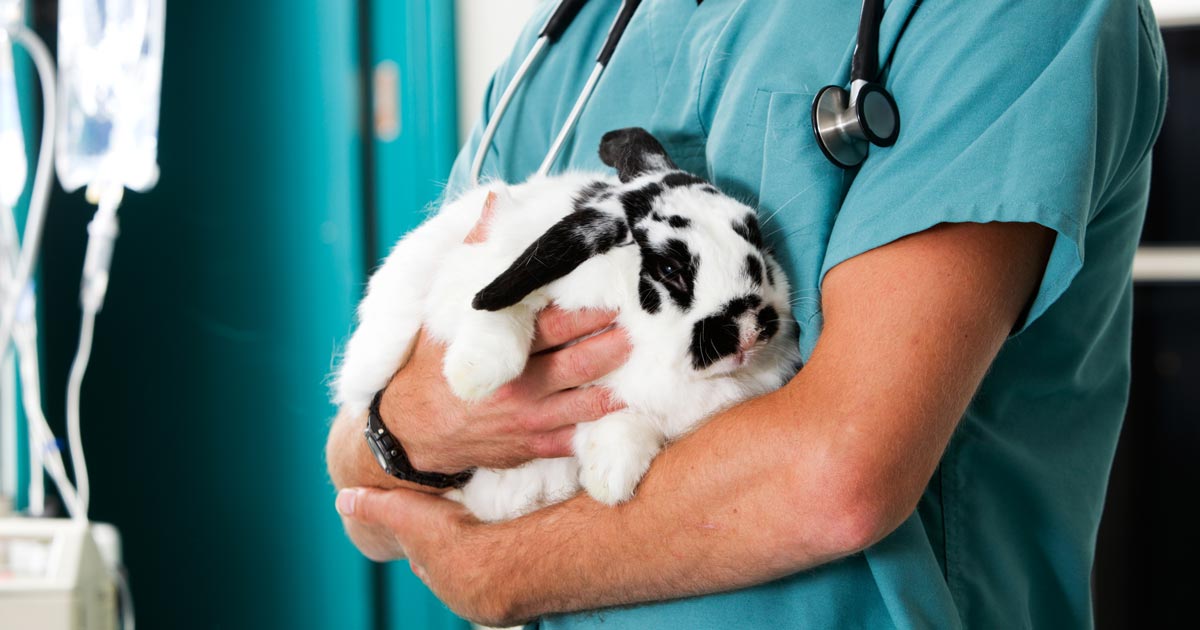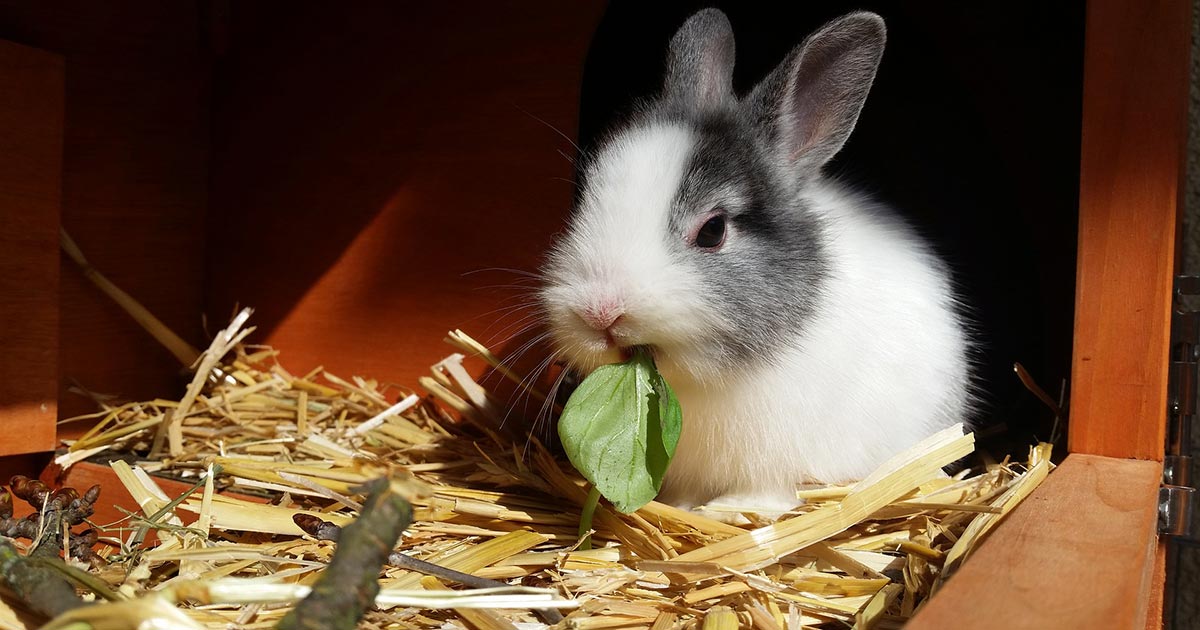Secondary survey refers to the detailed physical examination performed after the primary survey, and should only be performed once the patient has been adequately stabilised.
It is always important to perform physical examinations systematically to avoid overlooking organ systems. This could be difficult in a stressful emergency situation, so one way to remind yourself is with the following acronym:
A CRASH PLAN
A – Airway
- respiratory pattern
- airway patency
C – Cardiovascular
- circulation
- heart sounds
- pulses
- capillary refill time
R – Respiratory
- respiratory sounds
- bruising
- external wounds to chest
A – Abdomen
- palpation
- bruising
- external wounds
- fast ultrasound:
- abdomen:
- free fluid (diaphragmatic-hepatic site, splenorenal site, cysto-colic site, hepatorenal site)
- bladder integrity
- thorax (do this at the same time as assessing the abdominal cavity):
- ensure you do both left and right sides
- chest tube site
- pericardial site
- wet/dry/third space
- abdomen:
S – Spine and tail
- gait and posture
- pain sensation
- crepitus
H – Head
- mentation
- cognitive function
- cranial nerves
- external wounds/bruising
- eyes – including symmetry, third eyelids, eye position, haemorrhage and detailed ophthalmological examination
- ears
- nose

P – Pelvis
- wounds
- bruising
- pain
- cepitus
- perineum
- external genitalia
L – Limbs
- deformities
- fractures
- pain
- bruising
- wounds
- weight bearing vs non-weight bearing
A – Arteries
- all accessible superficial arteries – pulses and pressure
N – Nerves
- mentation
- cranial nerves
- conscious proprioception
- postural reflexes
- peripheral spinal reflexes
- withdrawal reflexes
- deep pain
- cutaneous trunci reflex
- anal tone
Stable patient
By following the primary and secondary triage processes consistently, you should be able to quickly determine the order of criticalness of patients, institute appropriate resuscitative measures and manage life-threatening injuries. Then, with your thorough physical examination, identify any other concurrent problems not seen on the primary survey.
Overall, you have a stable patient, and are able to formulate an appropriate diagnostic and treatment plan.
